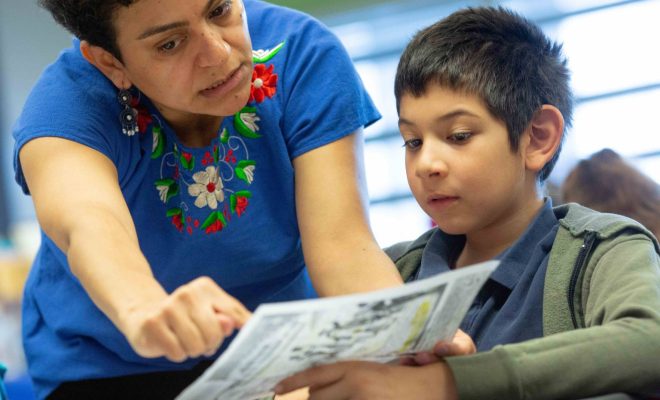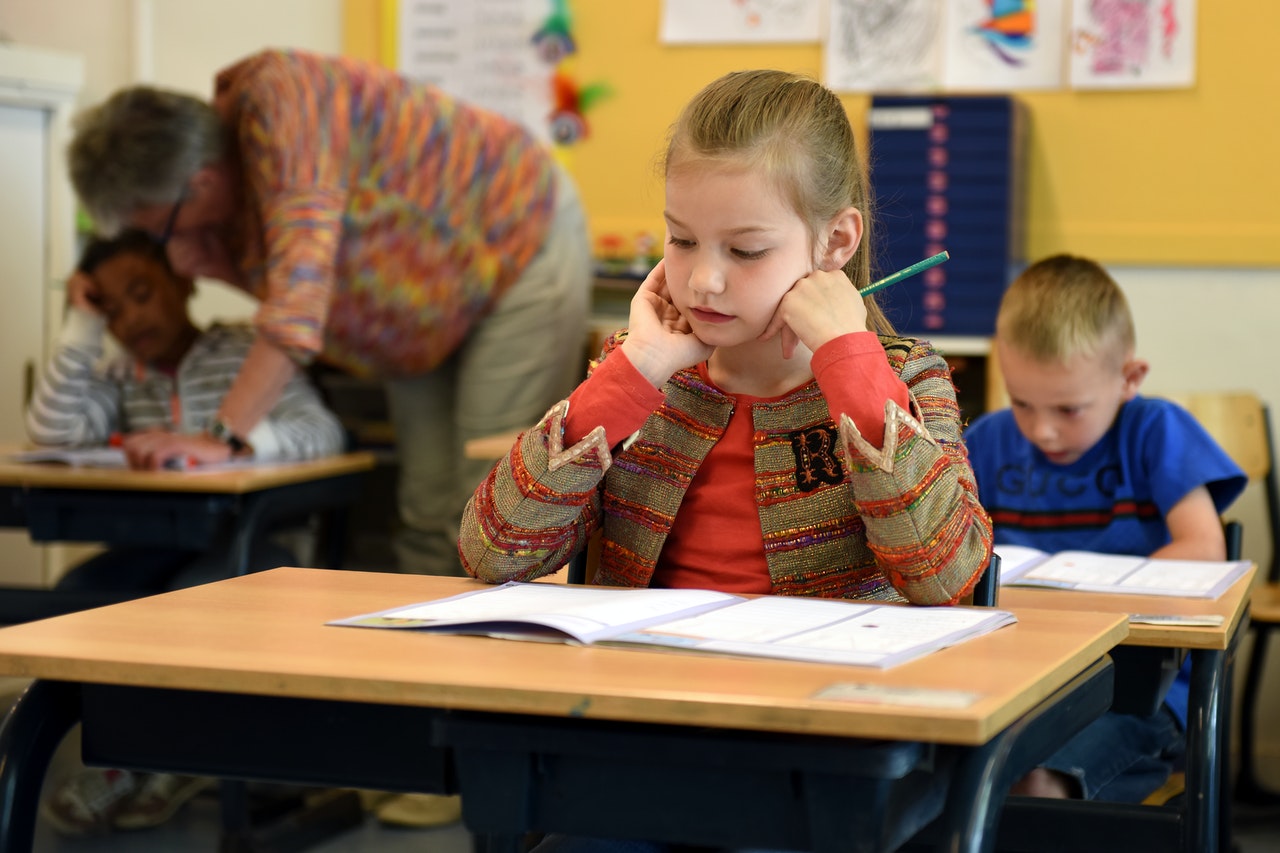Activities to Teach Students to Identify Hypotheses and Conclusions

Hypotheses and conclusions are essential terms in science, which are used to explain facts or phenomena. They allow students to understand the scientific inquiry, which is the process in which scientists investigate and answer questions about the natural world. As a teacher, it is essential to provide students with opportunities to practice identifying and forming hypotheses and conclusions. Here are some activities that you can use to teach your students the importance of hypotheses and conclusions:
1. Story Time
Begin by reading a story or a passage with an unknown outcome. Keep the story short, and make sure it contains some mathematical or scientific concepts. For example, you could use a story about a plant that is not growing well or a car that is not running correctly. Give students some time to think about what the problem may be.
Then, provide them with some possible hypotheses that could explain the problem. After discussing the hypotheses, ask the students to come up with their own. Once the hypotheses have been identified, encourage the students to predict what might happen if they conducted a particular experiment or investigation.
2. Investigating the Seven Wonders of the World
Use the Seven Wonders of the World as an example to teach students about the scientific inquiry process. Pose a question, such as “How were the Pyramids of Giza built?” and ask students to come up with hypotheses to answer the question. Then, guide the students to complete experiments or research to explore the hypotheses. Finally, encourage the students to draw conclusions based on the results of their investigation.
3. Exploring Science Vocabulary
Create vocabulary cards that list scientific terms, such as hypothesis, conclusion, experiment, observation, and research. Then, show the students an example of a scientific article that uses these terms. Ask the students to identify the meaning of each term in the context of the article. Encourage them to write their hypotheses based on the article’s topic and connect it to the vocabulary words they learned.
4. Conducting Science Experiments
Science experiments provide an excellent opportunity for students to practice identifying hypotheses and conclusions. Encourage the students to design experiments that will investigate particular questions. Ask the students to write a hypothesis before conducting the experiment, and then have them record their observations and findings. This approach will help them understand the scientific process and allow them to identify conclusions based on the results of the experiment.
By using these activities, you can help students develop their scientific inquiry skills by teaching them to identify hypotheses and conclusions. These approaches allow students to explore, experiment and draw conclusions based on their observations, which eventually lead them to understand the scientific process and develop a better understanding of the natural world.




